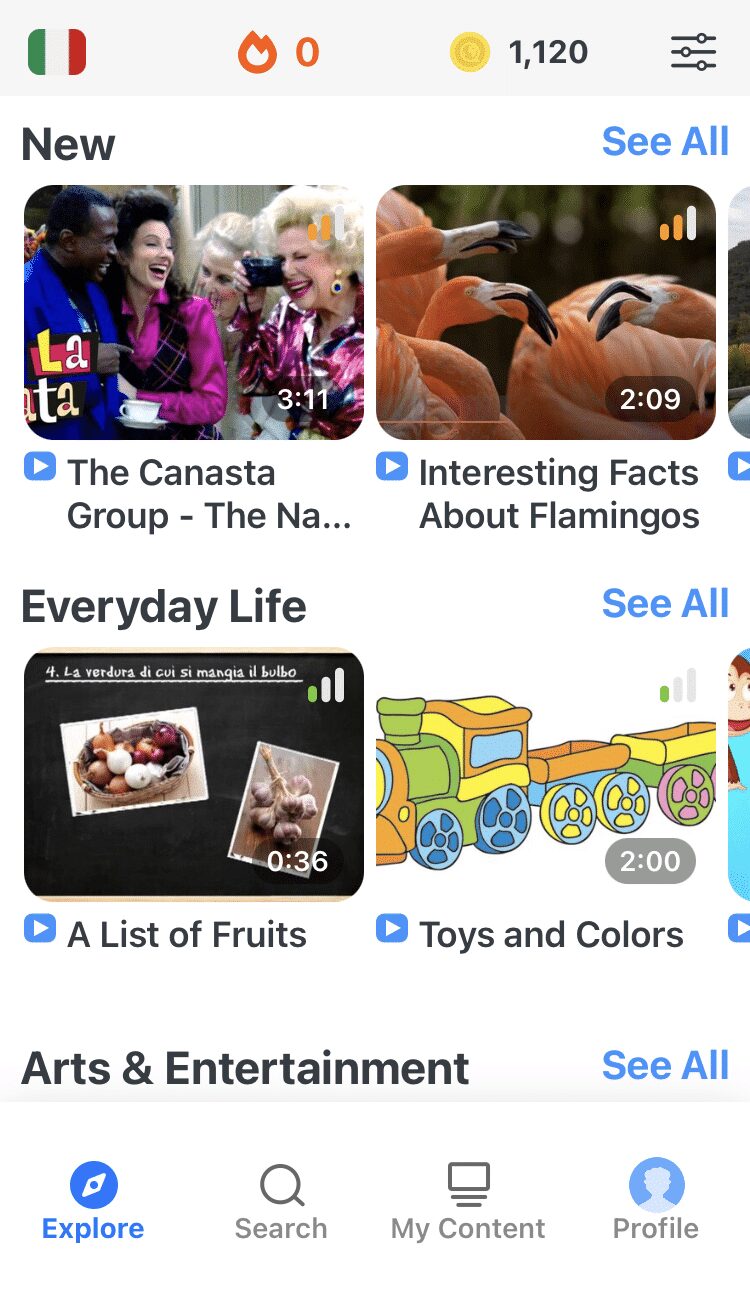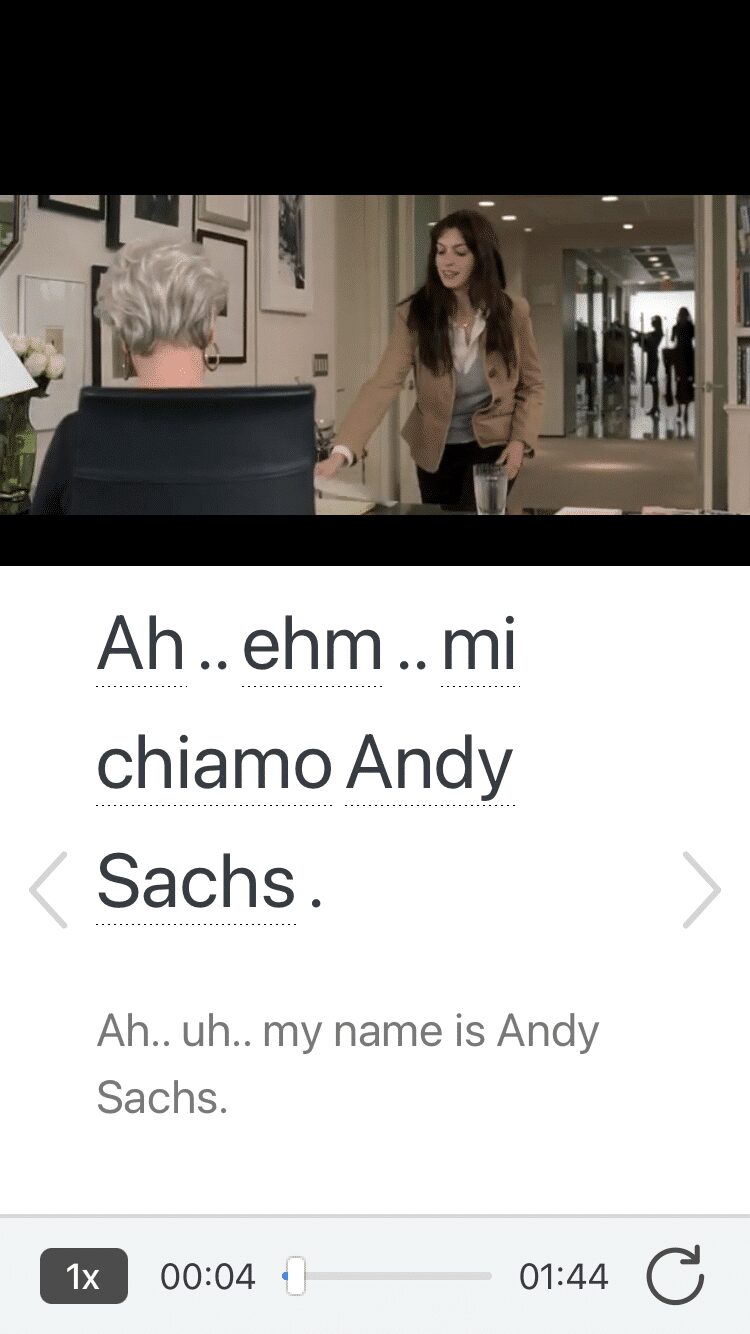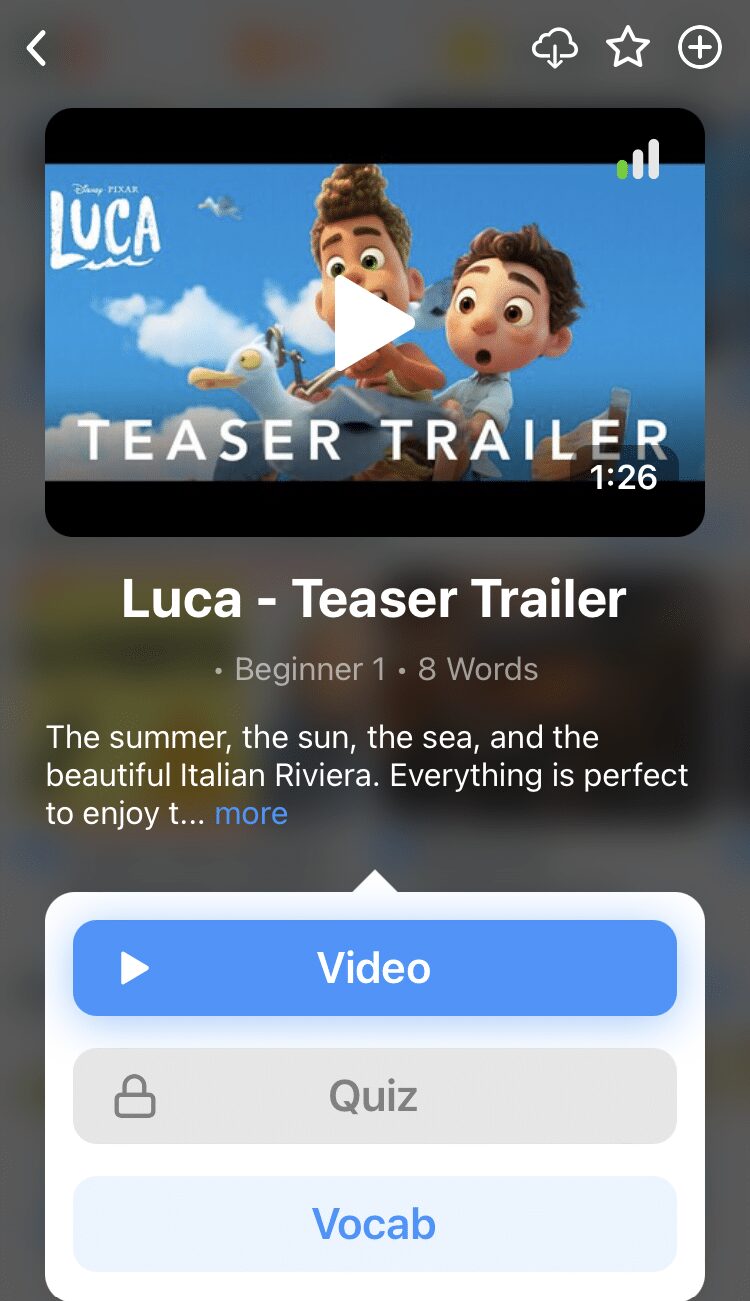Italian Wedding Sayings for the Romantic Learner

Got an invite to an Italian wedding? Or do you just love learning about Italian language, culture and traditions? Whatever the reason, it’s a great idea to learn about Italian wedding customs, and the Italian wedding sayings and vocabulary you’ll learn here can be useful for other situations, as well.
See this guide to prepare you for anything you might need to know if you’re destined for such a wedding—whether it’s soon or even if you’re just dreaming of going to one someday.
Download: This blog post is available as a convenient and portable PDF that you can take anywhere. Click here to get a copy. (Download)
Important Italian Wedding Sayings and Vocabulary
The following traditions or wedding phrases are certainly not observed at all Italian weddings, but you’ll definitely come across at least some of them if you’re at a wedding in the boot.
Before the Wedding
Before the wedding, some friends of the bride and groom may set up elaborate scherzi (practical jokes) to play on the couple in order to punish them for the obnoxiousness of falling in love. And they might also help set up una serenata (serenade) under the window of the bride or groom, aiding the other to express their devotion from the street, Romeo-style.
Here are other pre-wedding words and phrases to know:
- Celibe / Nubile — Bachelor / Unmarried woman
- L’addio al celibato — The bachelor party
- L’addio al nubilato — The bachelorette party
- Lo striptease — The striptease
- Una lista nozze — A wedding registry
- Un regalo — A gift
- Quale potrebbe essere un bel regalo? — What would be a good present?
- Vado a un matrimonio. — I’m going to a wedding. (For more on in vs. a and when to use them, see our prepositions guide.)
During the Wedding
As mentioned before, there are different types of weddings in Italy, and you’ll want to be prepared for the type you’re attending.
If you’re going to a religious (most likely Catholic) wedding, it’s called una cerimonia cattolica (a Catholic ceremony). These weddings are presided over by a priest (called il prete or il sacerdote ) and can be much longer than other kinds of weddings, lasting up to an hour, as this is an opportunity for the Church to share its ideas with a public that may not be very church-going. Many Italians who consider themselves Catholic nevertheless only report to a church for a major event like a wedding.
An option for the less religiously-inclined is una cerimonia civile (a civil ceremony). These are usually simple and short, and can be over in as few as 15 minutes. A civil ceremony is conducted by il sindaco (mayor) or else l’assessore or il consigliere (city council members or bureaucrats).
Homosexual couples can only have unioni civili (civil unions) in Italy; these afford the same rights as those given to married couples (except notably the right to adopt), but also get celebrated as weddings.
Regardless of the type of wedding ceremony, these are some more people you can usually find there:
- Il fidanzato / La fidanzata — The (male) fiancé / The (female) fiancée
- Lo sposo / La sposa — The groom / The bride
- Gli sposi — The bride and groom
- Il marito / La moglie — The husband / The wife
- Il padre / La madre — The father / The mother
- Il suocero / La suocera — The father-in-law / The mother-in-law
- Il cognato / La cognata — The brother-in-law / The sister-in-law
- La famiglia — The family
During the wedding or at the reception, you’re likely to hear a variety of wedding blessings. For example:
- “Possano l’amore e la gioia che provate oggi accompagnarvi per sempre.” — “May the love and the happiness you feel today be with you forever.”
- “Vi siete incontrati, vi siete presi per mano… ora camminate insieme. Oggi e per sempre.” — “You met, you took each other by hand… now you walk together. Today and forever.”
A few more phrases you may hear:
- “Vi dichiaro marito e moglie.” — “I pronounce you husband and wife.”
- “Sposa bagnata, sposa fortunata.” — This saying is broken out if the wedding is rained on, in order to temper the let-down; it translates to something like “A drenched bride is a lucky bride.”
- “La sposa è bellissima.”
— “The bride is beautiful.”
As in English-language weddings, there is often a sexist expectation to focus very much on the bride’s visual impact, whereas at most one might say about the groom:
- “Lo sposo è elegante.” — “The groom is elegant.”
After the Wedding
When leaving the church, traditionally the guests are given handfuls of rice to throw at the new couple; this is called the lancio del riso (throwing of rice) and is supposed to give them good luck. However, nowadays, it’s far more common to see confetti thrown instead of rice, as some consider the lancio del riso to be a waste of food.
The ricevimento (reception) is the party after la cerimonia (the ceremony). It may consist of un pranzo (a lunch) or una cena (a supper), generally with a menu chosen in advance by the bride and groom. Common wedding foods include pesce (fish), risotto and—of course— la torta (the cake). There will be vino (wine) to drink with the dinner, and caffè (espresso) at the end of the meal.
During the dinner, guests may spontaneously chant “Bacio, bacio, bacio!” (“Kiss, kiss, kiss!”) with a long, singsong, exaggerated emphasis on the first syllable. In theory, back in the day, the wedding would have been the first time that the couple kissed, so once they finally were allowed to do so, the voyeuristic guests would encourage them to take full advantage. The bacio can be considered a bit crass nowadays in some circles; certainly don’t try to start this chant yourself.
A more civilized way to celebrate the newlyweds is with a toast.
Here are two toasts that are common at Italian weddings:
- “Brindo agli sposi e gli auguro una lunga vita d’amore.” — “I toast to the newlyweds and I wish them a long life of love.”
- “Auguri agli sposi!” — “Congratulations to the newlyweds!”
After the dinner, it’s common for the newly-married couple to have il primo ballo (the first dance), which may be choreographed. Then everyone joins in. There is often a DJ or una cantante e un tastierista (a singer and a keyboard player); there may even be a quartetto di archi (string quartet).
More Italian Wedding Vocabulary
It’s an exciting thing to go to a nozze italiane (Italian wedding—also sometimes called a matrimonio ).
Below, you’ll find some more essential Italian wedding vocabulary:
| Italian | English |
|---|---|
| La chiesa | The church |
| Il luogo del matrimonio | The wedding venue |
| La damigella / Le damigelle | The bridesmaid / The bridesmaids* |
| La testimone / Le testimoni | The maid of honor / The maids of honor |
| Il testimone / I testimoni | The best man / The groomsmen |
| Gli invitati | The guests |
| L'organizzatore di matrimoni / Il wedding planner | The wedding planner |
| Il fotografo (di matrimonio) | The (wedding) photographer |
| L'abito da sposa / Il vestito da sposa | The wedding dress |
| L'abito dello sposo | The groom's suit |
| Gli inviti di matrimonio / Le partecipazioni di nozze | The wedding invitations |
| Le promesse di matrimonio / I voti nuziali | The wedding vows |
| Le fedi nuziali | The wedding rings |
| I fiori | The flowers |
| Il bouquet | The bouquet |
| Sposarsi | To get married |
| Fare un brindisi a... | To make a toast to... |
*Note that bridesmaids are not as common at Italian weddings. Traditionally, the bride and groom choose one or two testimoni (maids of honor/groomsmen). Usually, these people will be close friends or family members.
A good way to learn more wedding vocabulary is by consuming Italian wedding content, such as blogs, and writing down any new terms. You can also find some wedding-related Italian clips on the FluentU program.
FluentU takes authentic videos—like music videos, movie trailers, news and inspiring talks—and turns them into personalized language learning lessons.
You can try FluentU for free for 2 weeks. Check out the website or download the iOS app or Android app.
P.S. Click here to take advantage of our current sale! (Expires at the end of this month.)
A Few Things to Keep in Mind About Italian Weddings
Here are a few things you should know about Italian weddings:
First: food. It shouldn’t surprise you that food is an important feature of Italian weddings, so you may also want to brush up on your Italian food and drink vocabulary.
Italians also love to sing, so knowing a few of the most popular Italian songs could also help (and if you’re going to a Sicilian wedding, you’ll really want to know “Ciuri Ciuri” and “Vitti na Crozza,” though beware that they’re in Sicilian).
As with everything else Italian, wedding vocabulary and customs vary enormously from region to region. There’s also variation depending on whether the wedding is religious, and according to the social class and the particular tastes of those involved.
These customs and phrases should give you a general guide to surviving your next Italian wedding. For more, there are some good guides to more traditional Italian customs you might see crop up.
But the very best guide will of course be the particular fidanzati (fiancés) in your life, so just ask them any questions you might have about what their wedding will be like. They may in fact be planning an original take on the Italian traditions above, or something entirely different.
And if you’re the one about to get hitched with an Italian, and you’ve come across this article looking for advice for a happy marriage, you’re going to need a whole lot more vocabulary and cultural insight than a single post from a language blog can provide. Good luck with that.
I guess you’ll have a lifetime to learn!
Download: This blog post is available as a convenient and portable PDF that you can take anywhere. Click here to get a copy. (Download)
And One More Thing...
If you're as busy as most of us, you don't always have time for lengthy language lessons. The solution? FluentU!
Learn Italian with funny commericals, documentary excerpts and web series, as you can see here:

FluentU helps you get comfortable with everyday Italian by combining all the benefits of complete immersion and native-level conversations with interactive subtitles. Tap on any word to instantly see an image, in-context definition, example sentences and other videos in which the word is used.

Access a complete interactive transcript of every video under the Dialogue tab, and review words and phrases with convenient audio clips under Vocab.

Once you've watched a video, you can use FluentU's quizzes to actively practice all the vocabulary in that video. Swipe left or right to see more examples of the word you’re on.

FluentU will even keep track of all the Italian words you’re learning, and give you extra practice with difficult words. Plus, it'll tell you exactly when it's time for review. Now that's a 100% personalized experience!
The best part? You can try FluentU for free with a trial.
Start using the FluentU website on your computer or tablet or, better yet, download the FluentU app from the iTunes or Google Play store. Click here to take advantage of our current sale! (Expires at the end of this month.)








